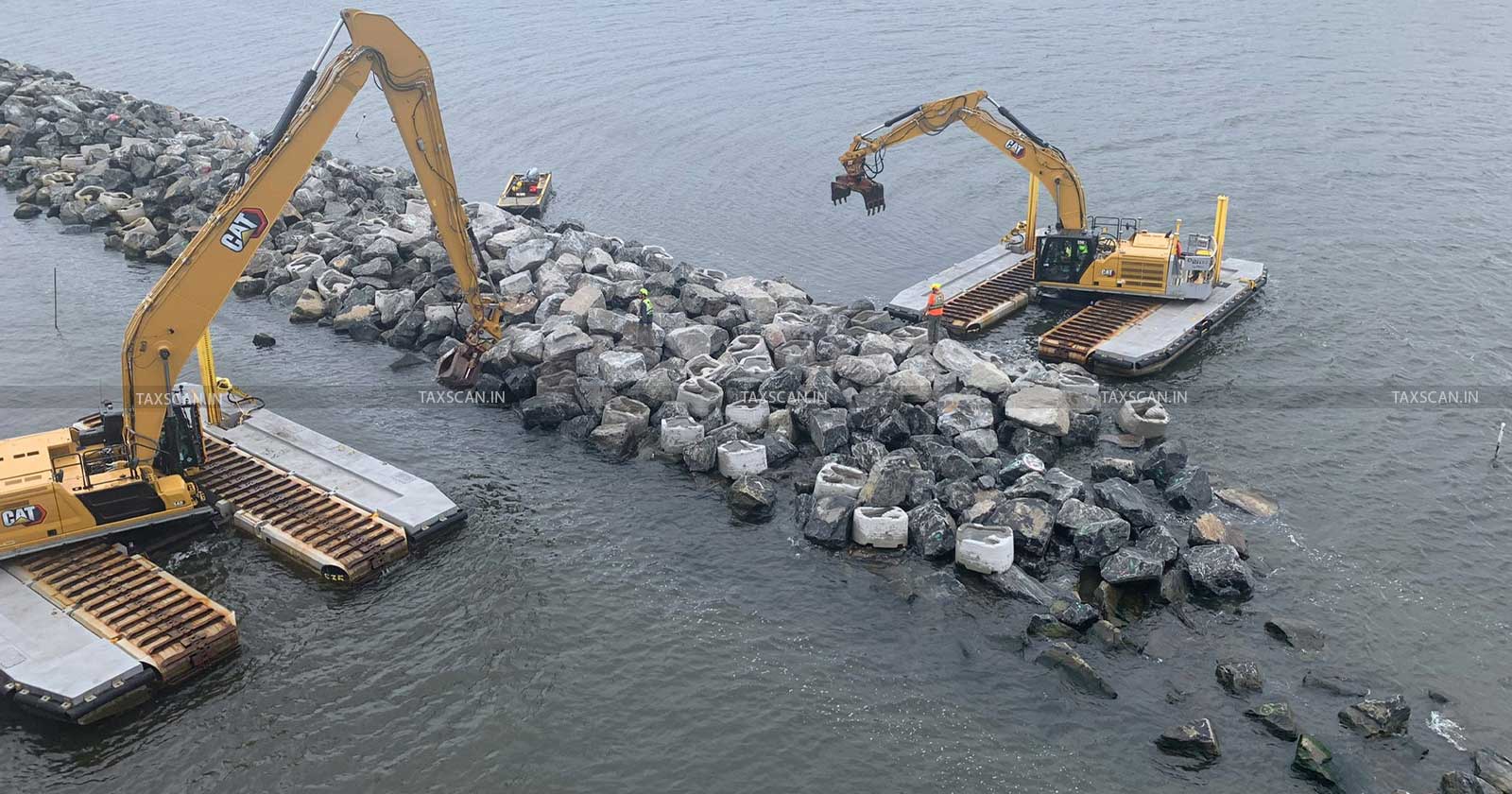GST ITC on electricity supplied to Township not Permissible: Chhattisgarh HC dismisses BALCO’s Appeal [Read Order]
The supply of electricity to the township was not "in the course or furtherance of business" and that the amendment to the CGST Rules could not be applied retrospectively.
![GST ITC on electricity supplied to Township not Permissible: Chhattisgarh HC dismisses BALCO’s Appeal [Read Order] GST ITC on electricity supplied to Township not Permissible: Chhattisgarh HC dismisses BALCO’s Appeal [Read Order]](https://images.taxscan.in/h-upload/2025/10/16/2097036-balco-electricity-taxscan.webp)
While dismissing the appeal of Bharat Aluminum Company Limited (BALCO), the Chhattisgarh High Court has held that Input Tax Credit (ITC) on Compensation Cess paid for imported coal is not permissible for the portion of electricity generated and supplied to an employee township, as such activity is not considered "in the course or furtherance of business" under the Central Goods and Service Tax (CGST) Act, 2017.
Bharat Aluminum Company Limited (BALCO), the appellant, is engaged in the manufacture of aluminium products at Korba, Chhattisgarh. BALCO established captive power plants and imported coal, paying GST Compensation Cess. The electricity generated was used for manufacturing, sold to State Electricity Boards, and partly supplied to a residential township maintained for its employees. The dispute arose concerning the ITC claim on the Compensation Cess attributable to the electricity supplied to the township.
 Also Read:Movement of Crane for Execution of Works Contract Not a ‘Supply’ under GST: Allahabad HC [Read Order]
Also Read:Movement of Crane for Execution of Works Contract Not a ‘Supply’ under GST: Allahabad HC [Read Order]
BALCO had filed an application for refund of ITC amounting to ₹7,44,73,347/- for February 2019. The tax authorities, however, rejected the refund to the extent of ₹51,48,531/-, holding that the electricity supplied to the township was not eligible for ITC. This decision was upheld by the Joint Commissioner (Appeals). Aggrieved, BALCO filed writ petitions, which were dismissed by a learned Single Judge by a common order dated 31.07.2025, leading to the present intra-court appeals.
Understanding Common Mode of Tax Evasion with Practical Scenarios, Click Here
Counsel for the appellant, Mr. Bharat Raichandani, argued that maintaining the township and supplying electricity was an activity "in the course or furtherance of business" under Sections 2(17) and 16(1) of the CGST Act, essential for housing skilled personnel in a remote area and ensuring uninterrupted manufacturing.
He contended that the amendment to Explanation 1(d) of Rule 43 of the CGST Rules, via Notification No. 14/2022, was clarificatory and should apply retrospectively. He further submitted that the Single Judge's order was non-speaking and failed to properly consider the submissions and precedents.
Per contra, Mr. Rahul Tamaskar, learned Government Advocate for the respondents, opposed the appeals. He submitted that supplying electricity to a residential township is a welfare activity, not integrally connected with the core business of manufacturing. Relying on Supreme Court judgments in Maruti Suzuki Ltd. v. CCE and Gujarat Narmada Fertilizers Co. Ltd. v. CCE, he argued that ITC is a concession available only for electricity used within the factory for captive consumption and not for electricity "wheeled out" for external purposes. He also contended that the amendment to Rule 43 was prospective, not retrospective, as Section 164(3) of the CGST Act was not invoked.
The Division Bench of Chief Justice Ramesh Sinha and Justice Ravindra Kumar Agrawal, after considering the rival submissions, framed two key questions for determination: (i) whether supplying electricity to the township is "in the course or furtherance of business"; and (ii) whether the amendment to Rule 43 is retrospective.
Step by Step Guidance for Tax Audit & E-filing, Click Here
The Court, while affirming the Single Judge's decision, held that ITC is a statutory concession, not a substantive right. It relied on the Supreme Court's decisions in Maruti Suzuki and Gujarat Narmada Fertilizers to conclude that ITC is not admissible for electricity supplied externally for residential consumption, as it is not used within the factory for manufacturing. The Court distinguished the precedents cited by the appellant, finding them inapplicable to the facts of the case.
Regarding the retrospectivity of the amendment, the Court agreed with the Single Judge that the insertion of Explanation 1(d) to Rule 43 merely expanded the scope of exempt supplies and was not clarificatory in nature. As the rule-making authority did not make it retrospective under Section 164(3), the amendment was held to be prospective, applicable only from 05.07.2022.
The Court dismissed all the writ appeals filed by BALCO and affirmed the common order of the Single Judge. It held that the supply of electricity to the township was not "in the course or furtherance of business" and that the amendment to the CGST Rules could not be applied retrospectively. No order as to costs was passed.
Support our journalism by subscribing to Taxscanpremium. Follow us on Telegram for quick updates


